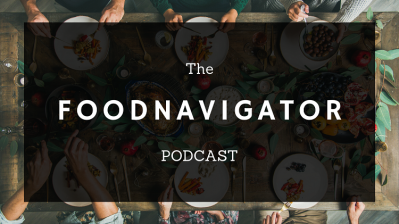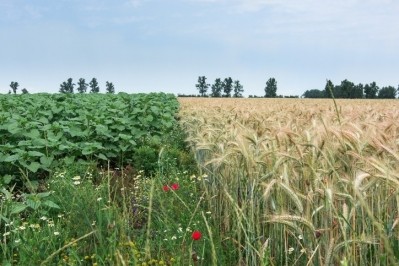Apples for apples? Children think 'natural' food is tastier, safer and more desirable

Eating and lifestyle habits are established in early life and children are likely to adopt similar eating patterns to their parents.
Researchers at the University of Edinburgh and Yale said that adult preference for food that is perceived as ‘natural’ is well-documented, as evidenced by demand for clean label products and scepticism around 'Franken-food' technologies like genetic modification.
“Adults often prefer things that they believe are natural, including natural foods. This preference has serious implications, such as the rejection of cultured meat and other sustainable technologies,” the study authors noted.
But what about kids? They decided to look into children’s attitudes to the ‘naturalness’ of food in more detail.
The latest research findings suggest that this food bias exists in early and middle childhood as well, with children rating food they believe is ‘natural’ higher for tastiness, safety and desirability.
Children sceptical about apples ‘grown in a lab’
To unpick this food preference, the Scottish and American researchers examined the preferences of more than 374 adults and children in the United States when presented with apples and orange juice and told of their origins.
The first study devised by the researchers looked at production methods and their impact on food production.
The researchers showed 137 children aged six- to 10-years-old three apples. They were told one was grown on a farm, one was made in a lab, and another grown on a tree inside a lab.
The team used questionnaires and statistical models to assess the children’s apple preferences in terms of perceived tastiness, perceived safety and desire to eat. Adults took part in the same study to compare age groups.
Both children and adults preferred apples they believed were grown in fields to those grown or made in labs, the researchers found.
When quizzed as to why they preferred the field-grown apples, children were more likely to refer to freshness, being outside, or sunlight. Adults were more likely to specifically mention naturalness.
Chemicals and additives also off putting
A second study then set out to establish how the addition of artificial additives impacts food perceptions.
The researchers asked 85 children aged five- to seven-years-old and group of 64 adults to respond to four different kinds of orange juice. One was described as squeezed on farm, one carried no information, one claimed to have had chemicals ‘removed’, and one was described as having chemicals added.
Researchers found that the information on the juice’s naturalness had a ‘significant effect’ on its rating. “The participants gravitated to the more natural option based on perceived taste, safety and desire to consume,” it was noted.
Natural preference formed at an early age
Both studies showed that age had ‘little effect’ on the preference outcome, with children as young as five and as old as ten responding similarly.
Researchers said the findings suggest the belief that natural foodstuffs are ‘good’ is established at a young age.
“Overall we provide evidence that, at least in the United States, our tendency to prefer natural food is present in childhood,” Dr Matti Wilks, of the University of Edinburgh’s School of Philosophy, Psychology and Language Sciences, said. “This research offers a first step towards understanding how these preferences are formed, including whether they are socially learned and what drives our tendency to prefer natural things.”
Source
‘Children prefer natural food, too’
Developmental Psychology
DOI: https://doi.org/10.1037/dev0001387
Authors: Wilks, M., & Bloom, P.


























